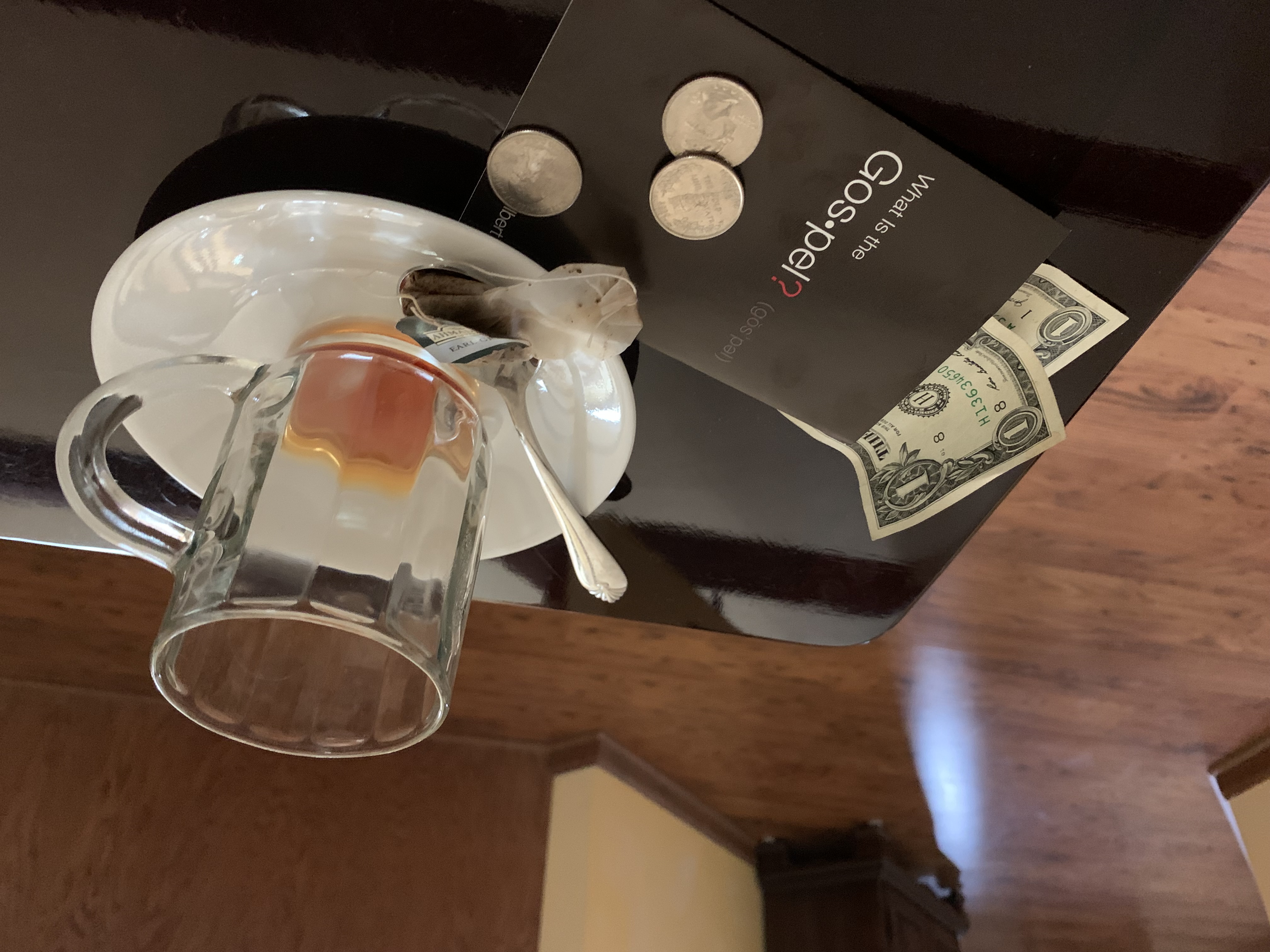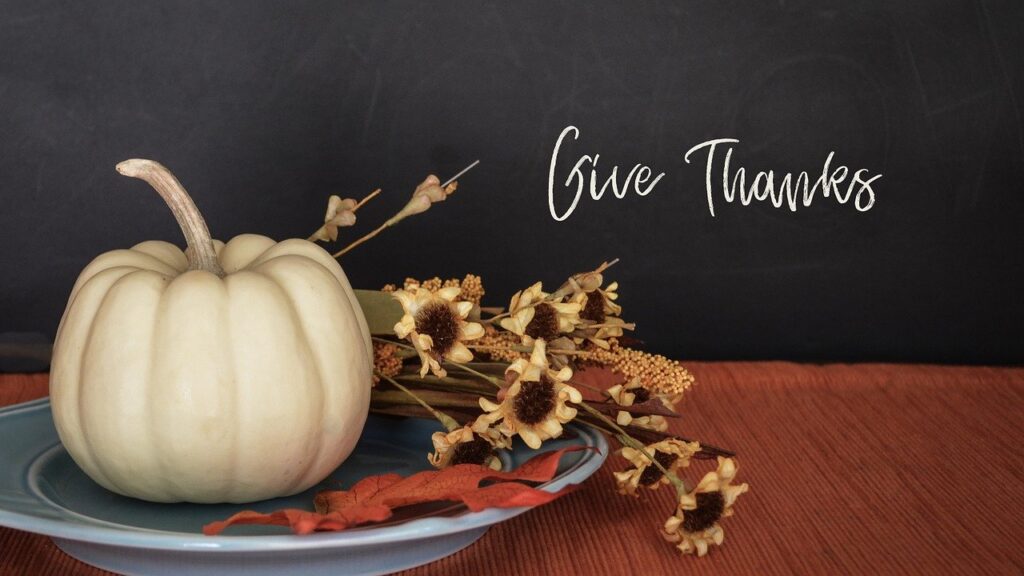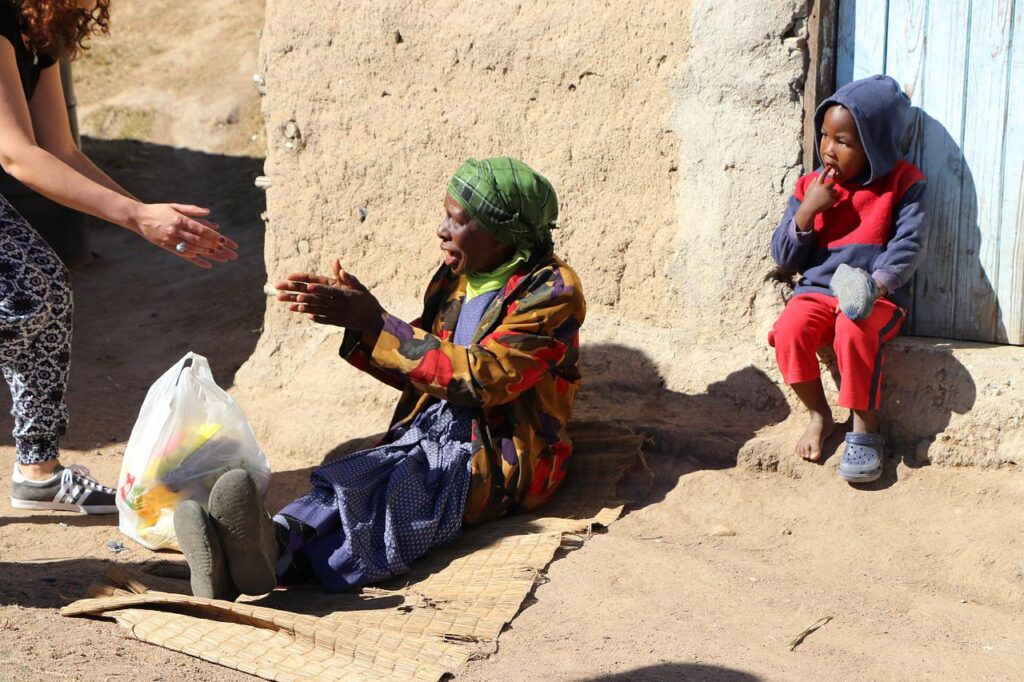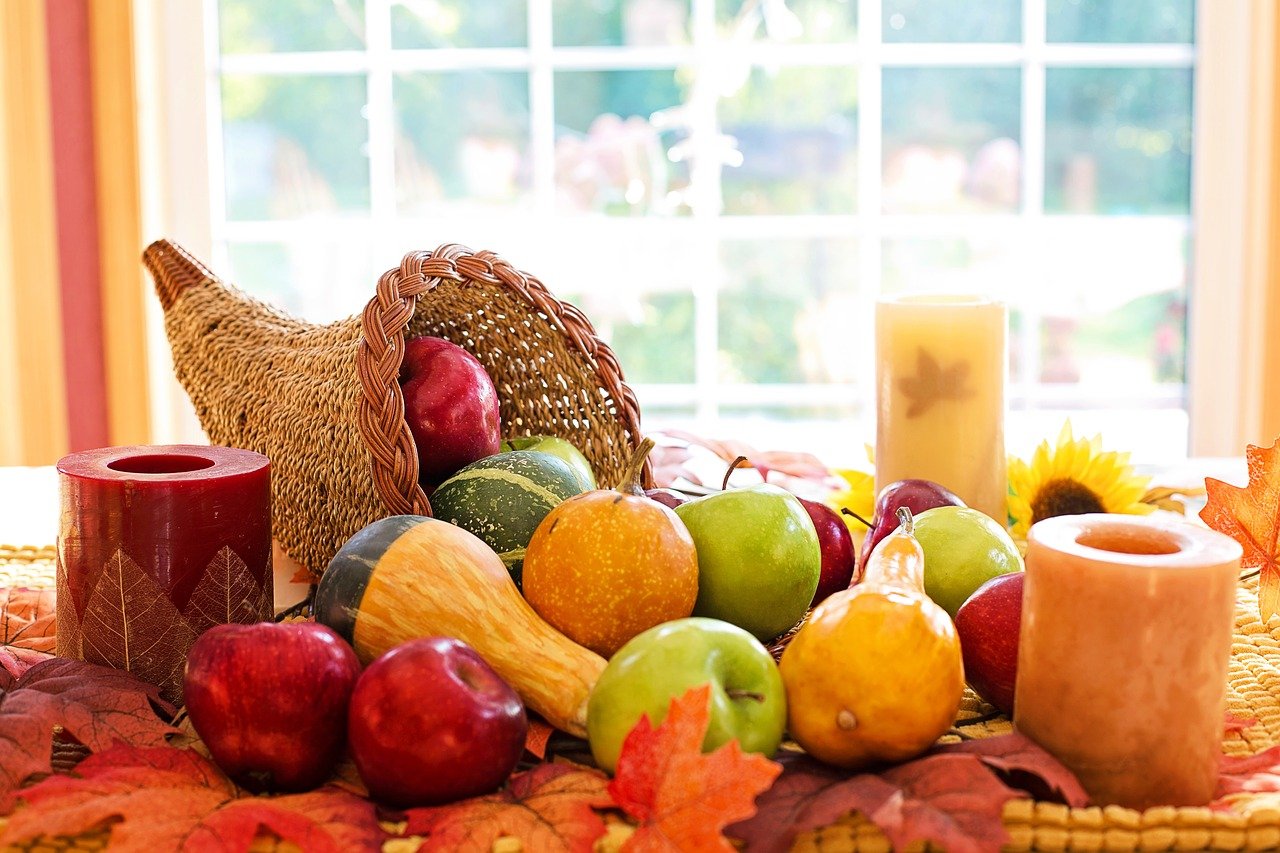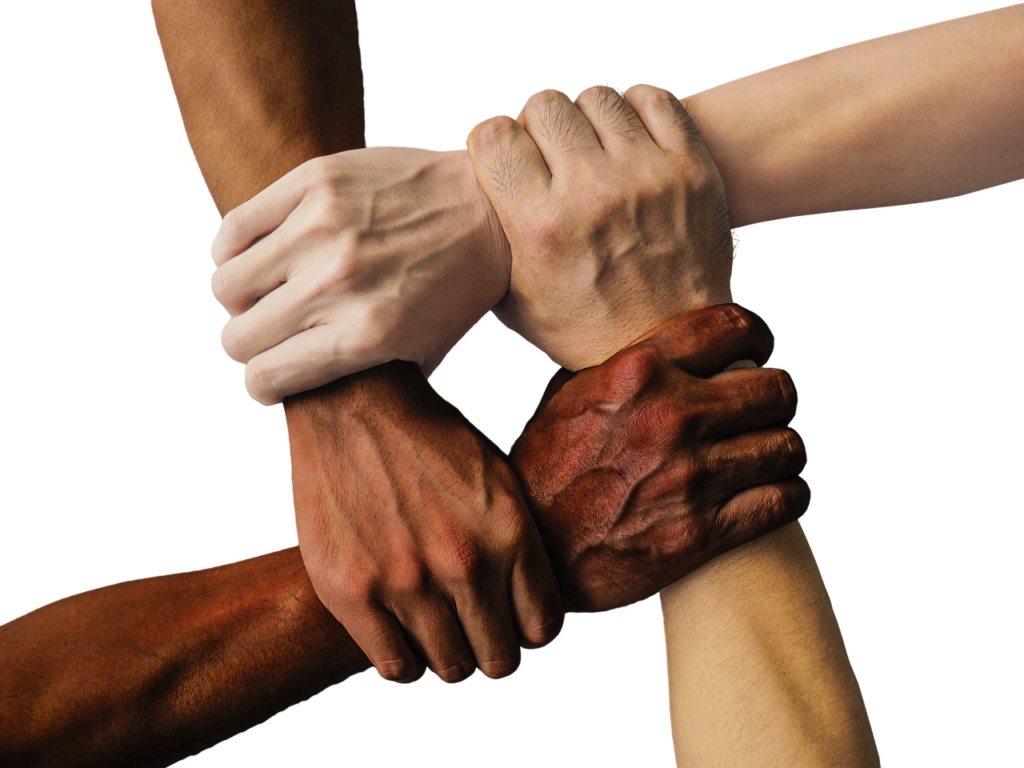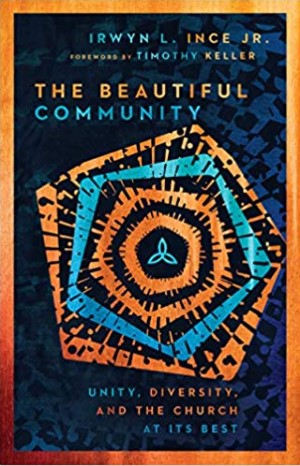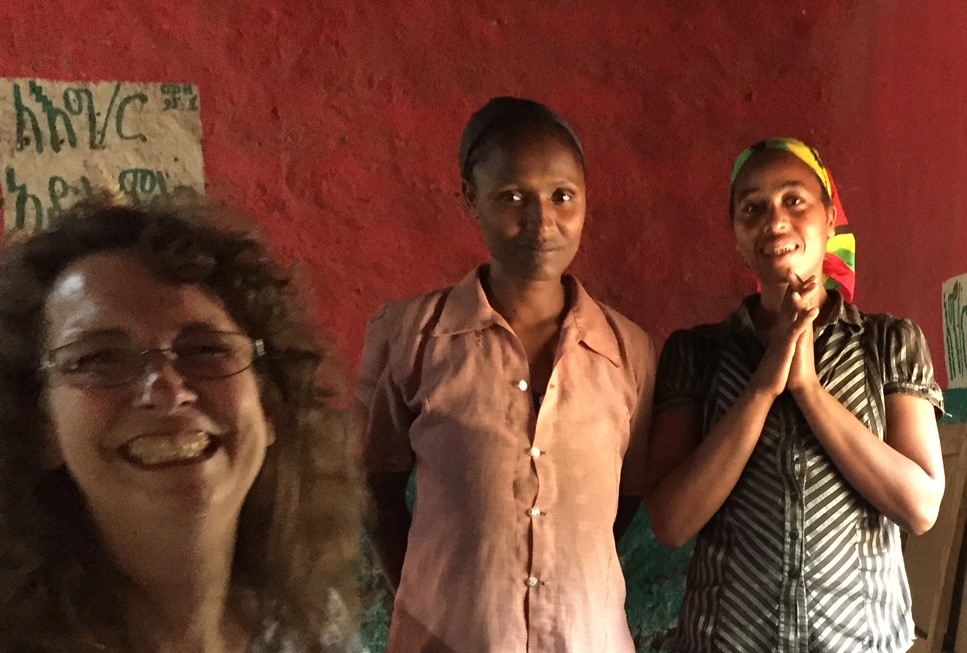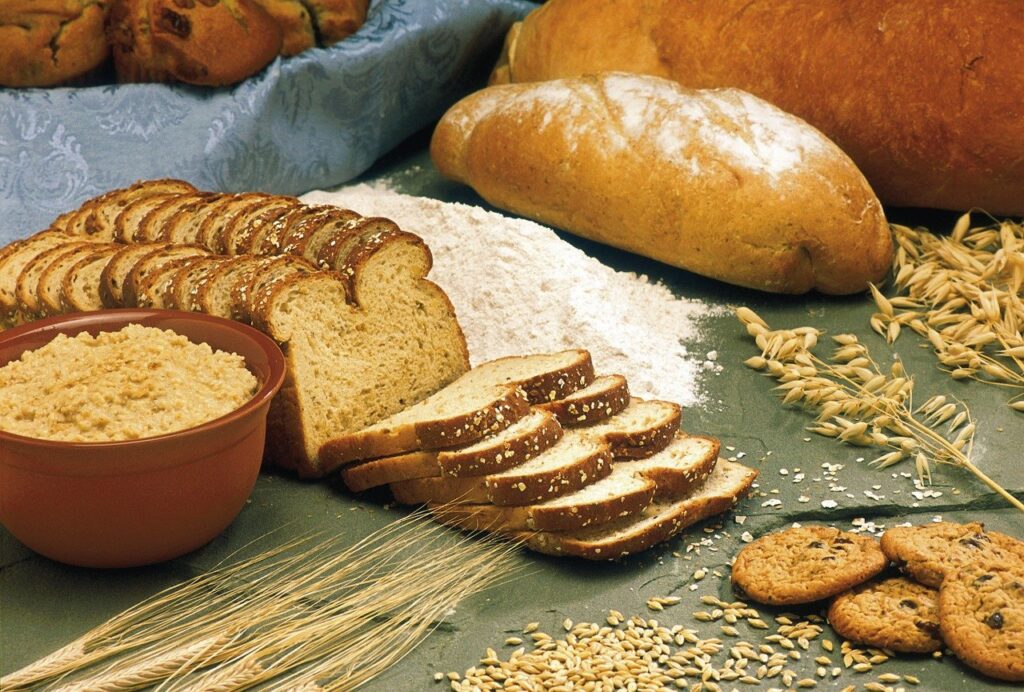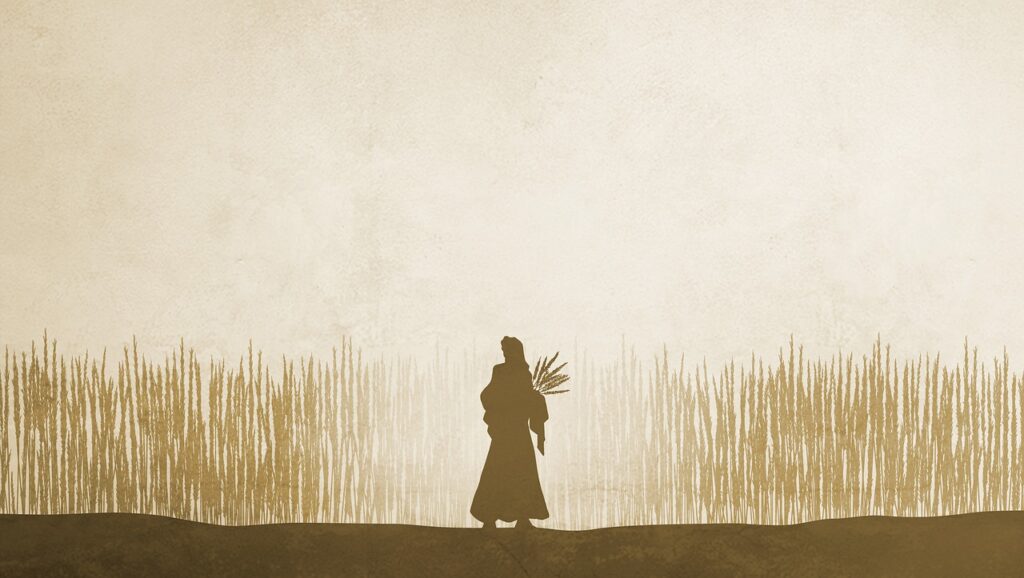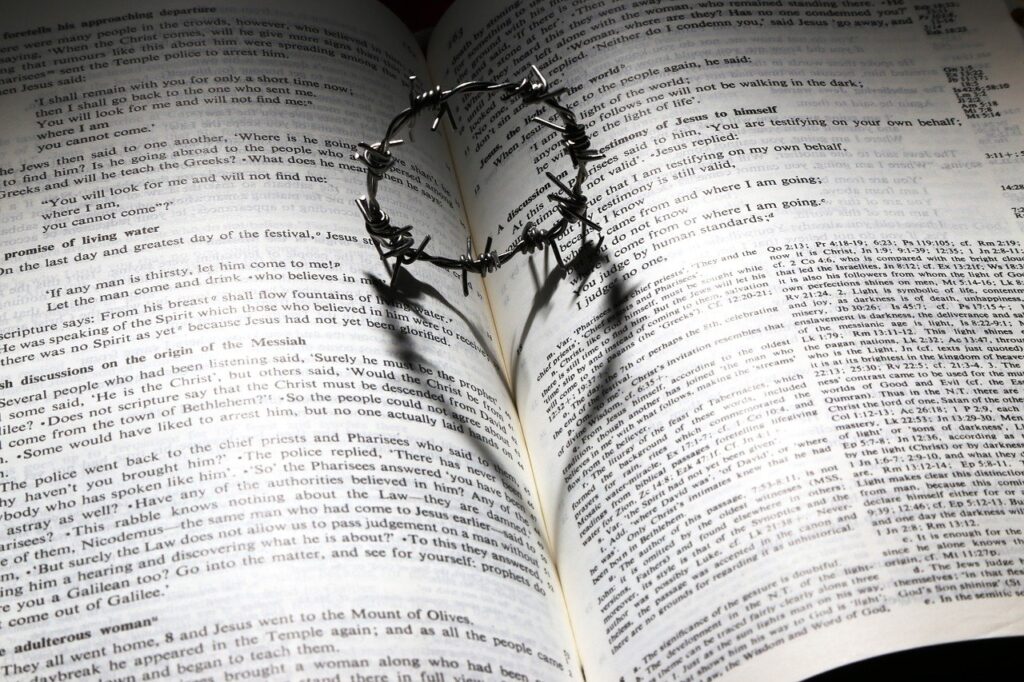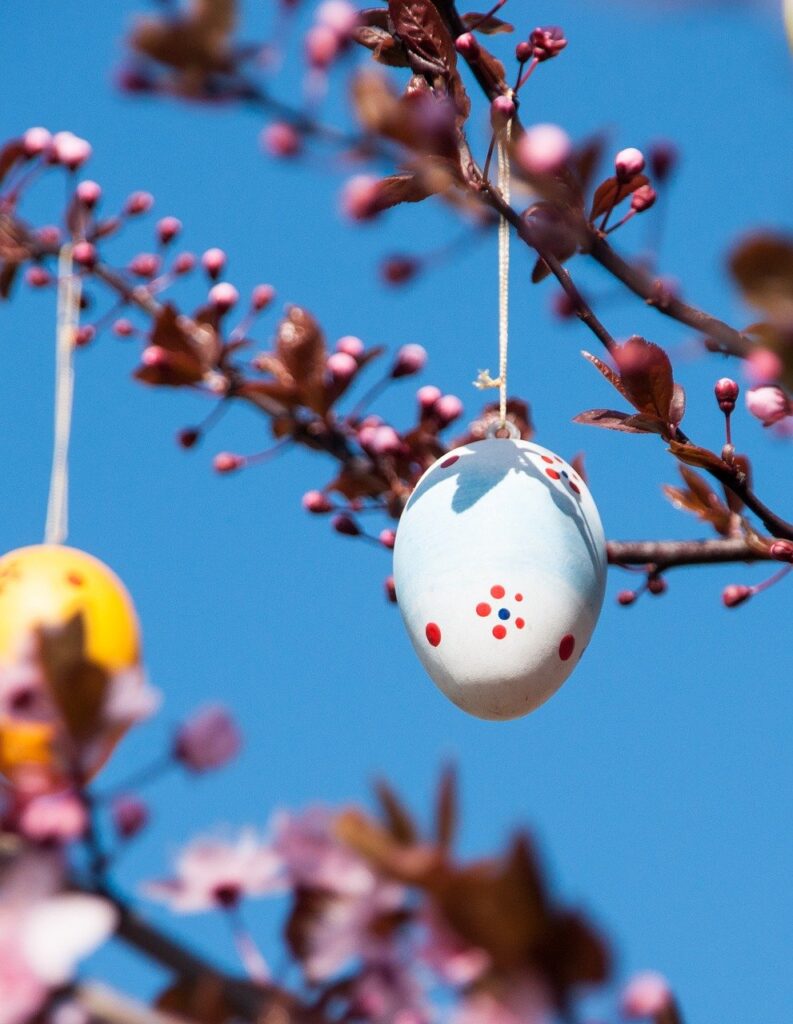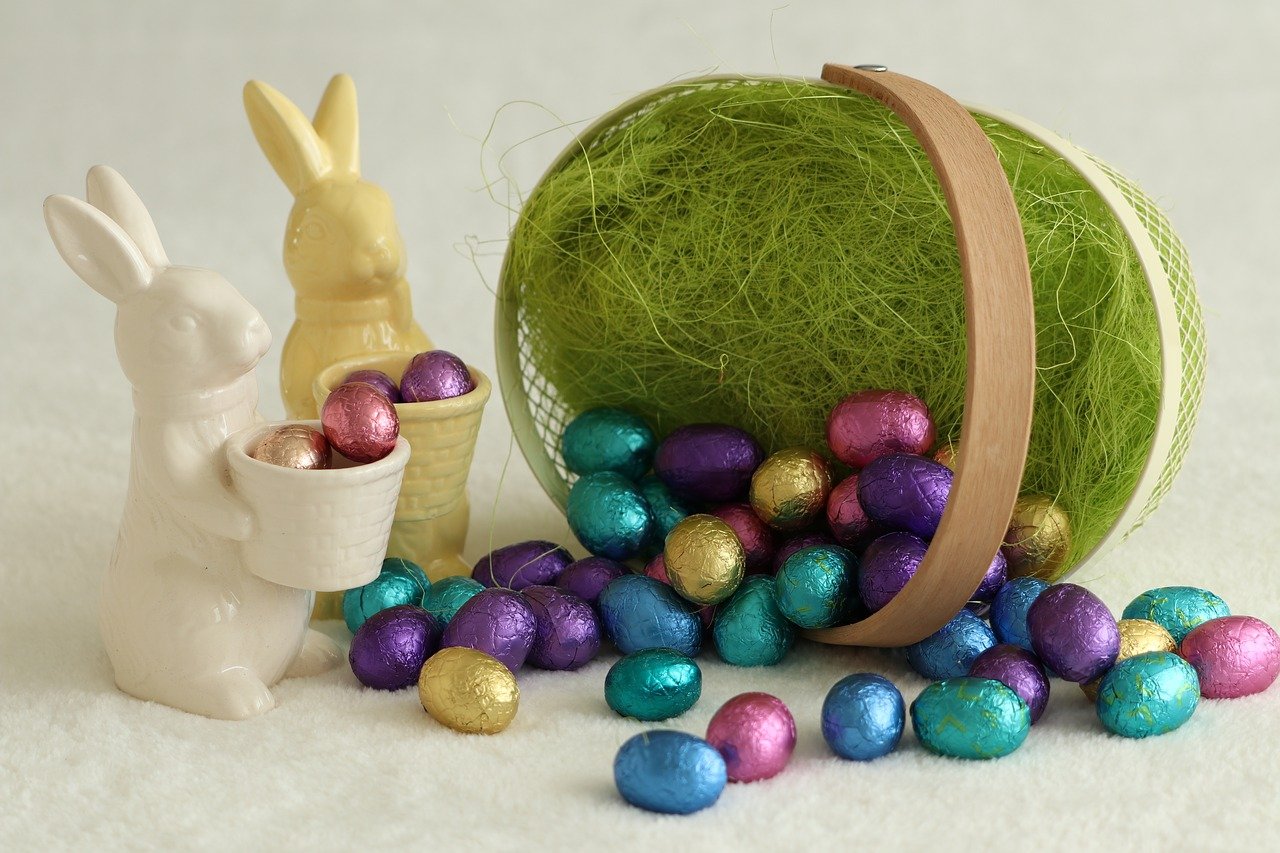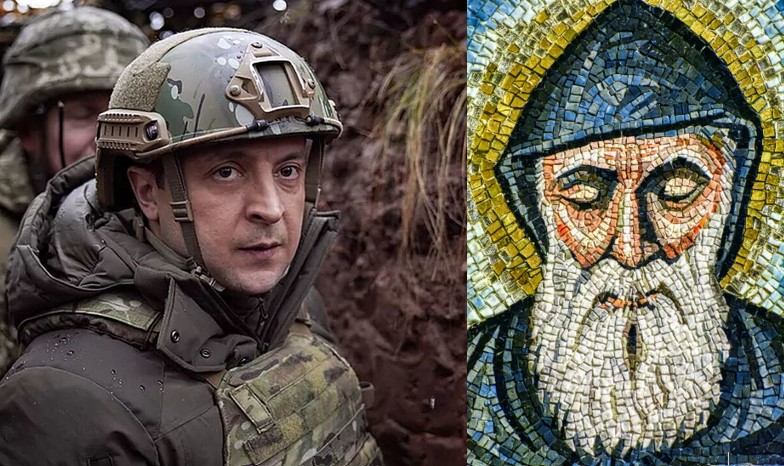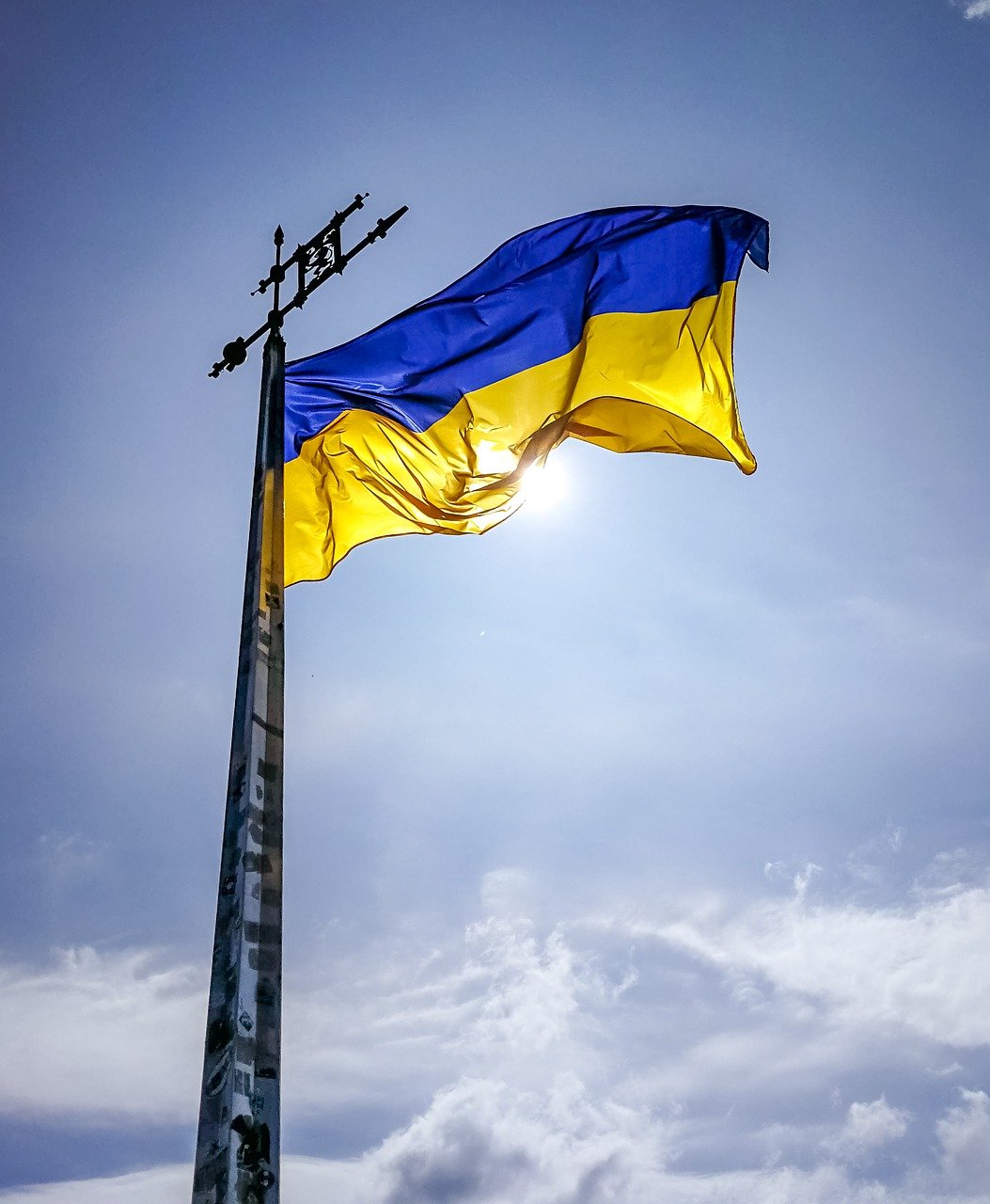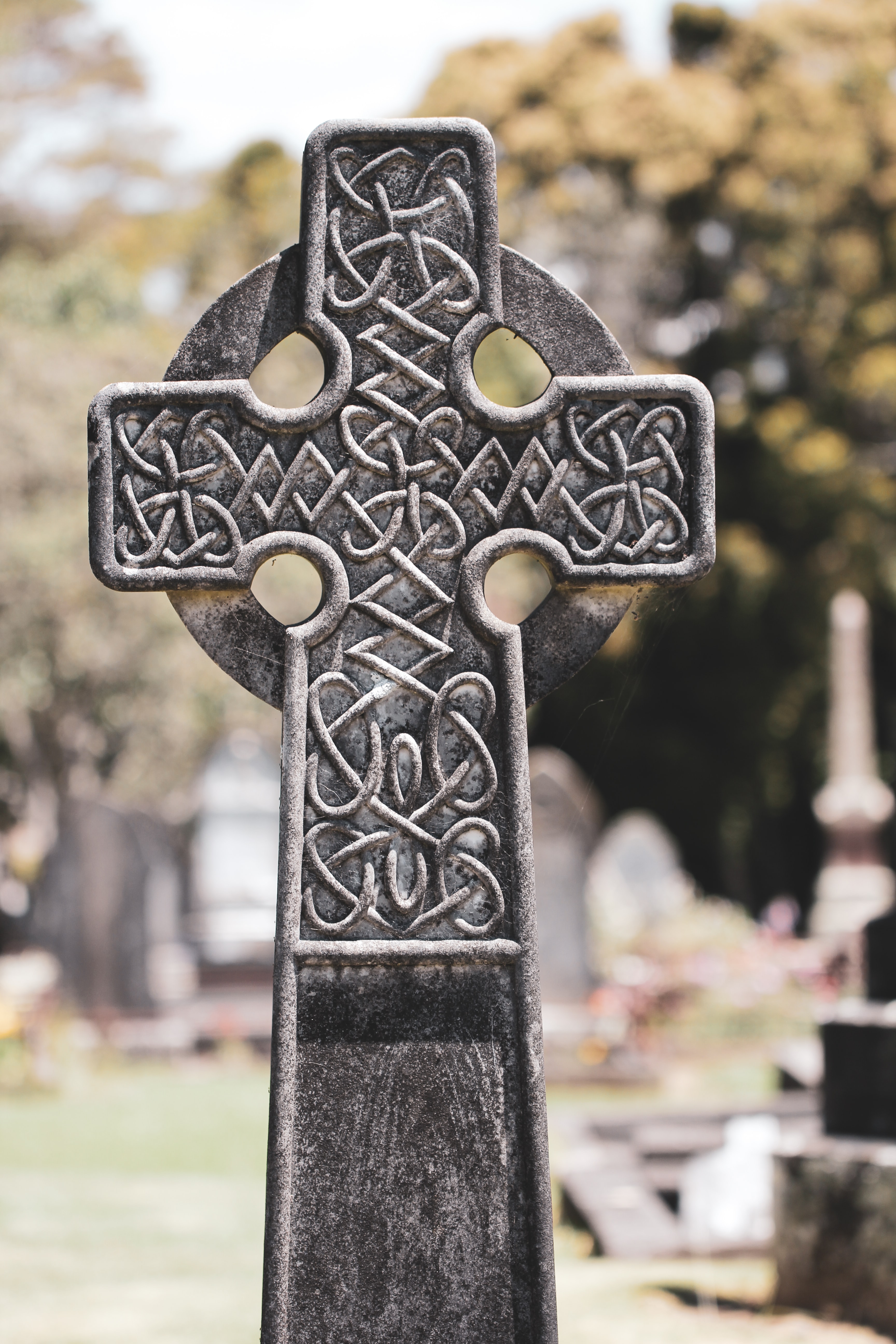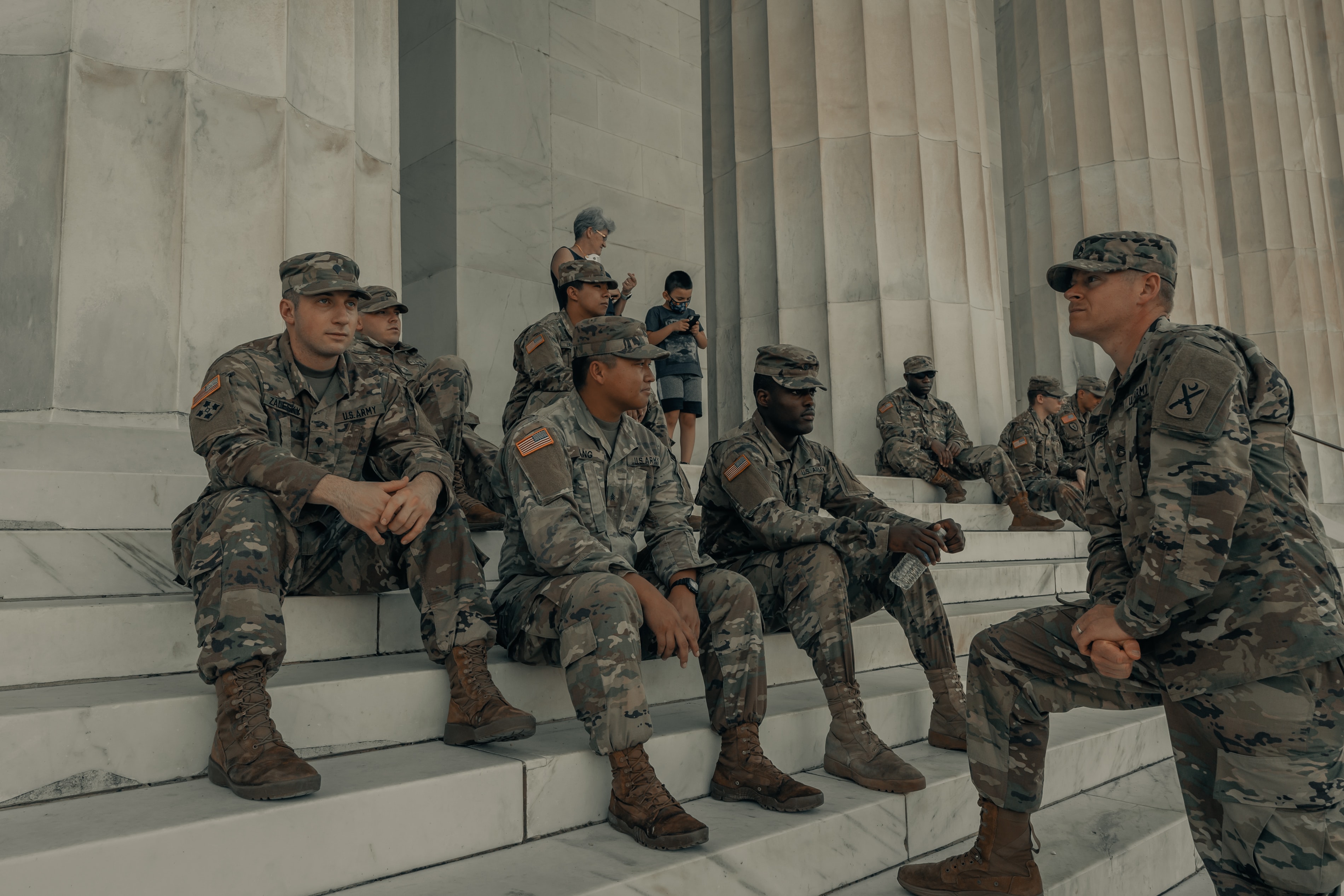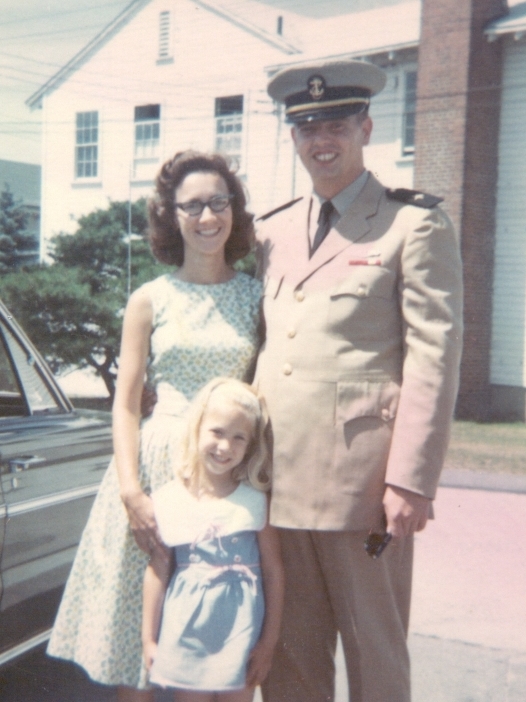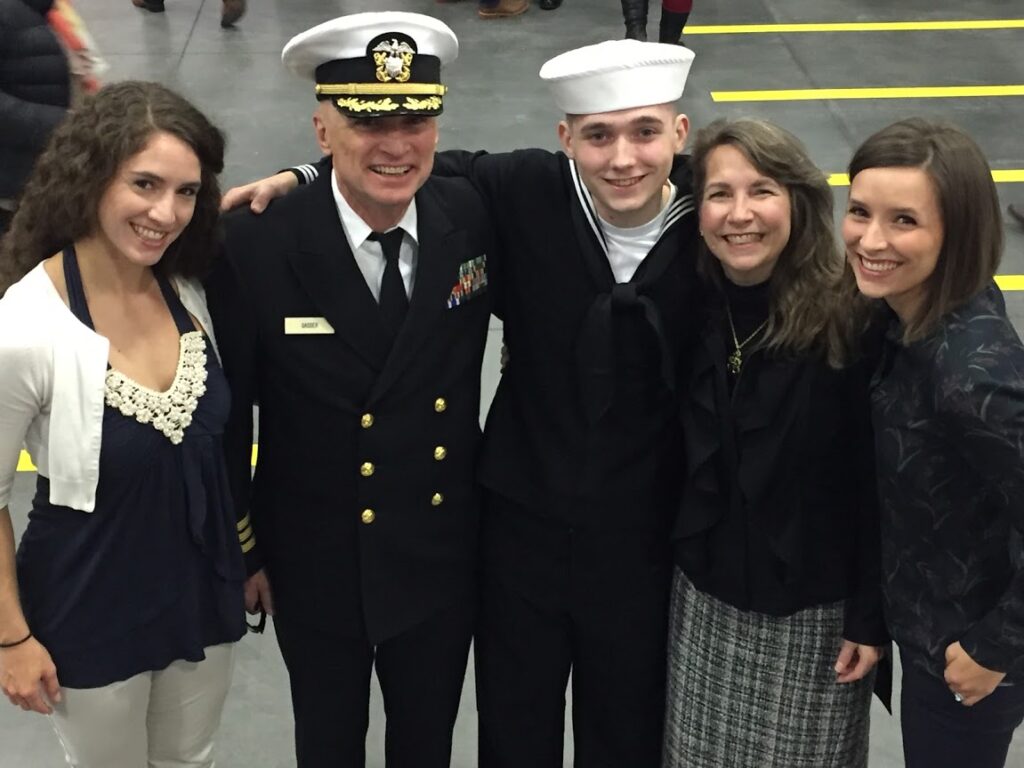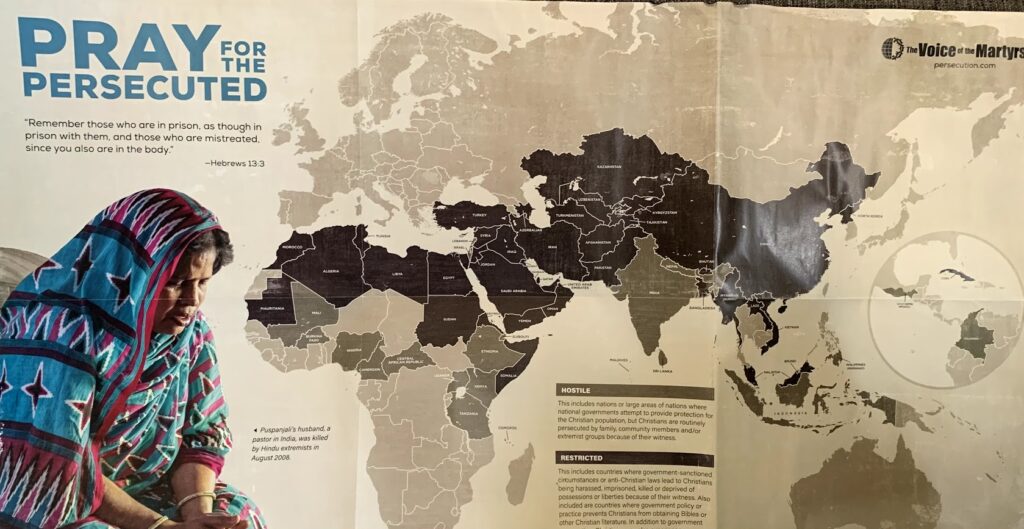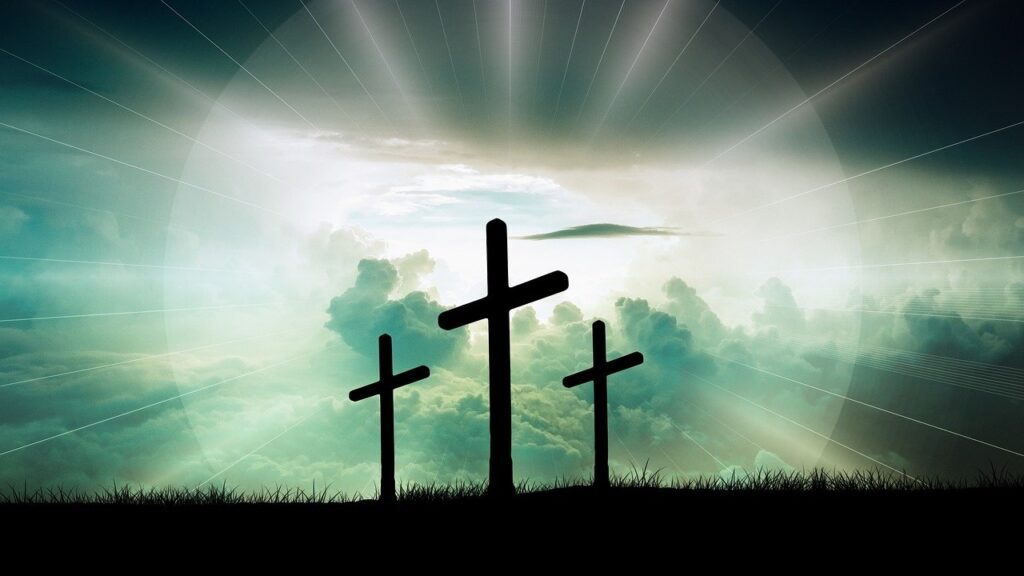A Thanksgiving Story

Both of my grandmothers exercised wisdom when it came time to downsize and make a final move to be near family. However, only one seemed to take full advantage of the new possibilities. One event during a family gathering illustrates it best. It happened after our second Thanksgiving meal together.
I had spent much time and prayer preparing an activity for after the family feast. I wanted to facilitate a fun time of interaction between my mom, grandmas, and four children. Making gingerbread houses struck me as the perfect project, a sweet way to work together and prepare decorations for Christmas. I baked enough walls and roofs for four houses, one for my folks, one for each of my grandmothers to take home, and one for our house. Each of my kids paired up with a grandma, except Jenni. She got stuck with her mom, yours truly. It seemed to be going just as planned. I have pictures of everyone smiling. We licked frosted fingers and nibbled on candy, laughing and having a wonderful time. Then, when Anna and Grandma Erma finished basic construction and started decorating the outside of their house, Erma left the table. She went to the living room and sat in an easy chair.
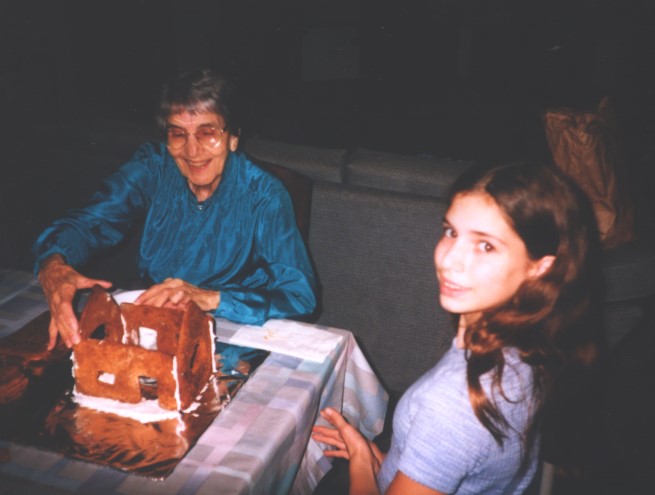
(My grandma Erma with my daughter Anna)
Maybe she felt tired or bored. Maybe. Or maybe she didn’t like working with a twelve-year-old. Maybe my daughter and Erma had different ideas about decorating. We will never know because she never excused herself or explained why she left the table. Later, when the projects were complete, we took pictures. Erma refused to come and have her photo taken with Anna. My mom felt so sorry for Anna. To top it off, when it came time to send the gingerbread house home with Erma, she flat-out refused the gift—the gift I had prayed about and spent so much time and money preparing, the gift she worked on with her great-granddaughter. My grandma rejected a present intended to bring Christmas cheer to her home.
“Oh, no, you take it home,” she told me as I offered to take it to her car as she was leaving.
“But Grandma, we already have one,” I explained again.
“Well, Anna can put it in her room. I’d rather not have it, thank you.”
Ouch. I cannot judge Erma’s motives. I’ve already shared a few speculations. I can tell you her actions and words put a damper on the day. We never made gingerbread houses together again. Oh, my kids and I did, and sometimes my mom and Grandma Irène joined us, but not Erma. It never became a Thanksgiving tradition.
On the other hand, Grandma Irène paired up with my youngest, seven-year-old Jon. She kept that gingerbread house displayed in her apartment year-round for several years and bragged about it to everyone. That’s gratitude at its best!
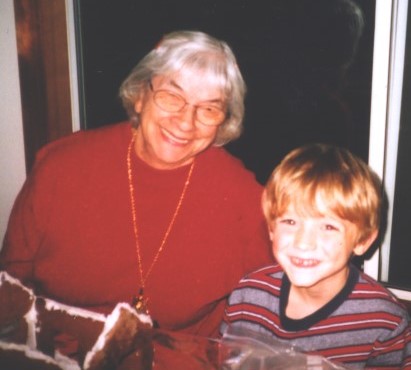
God bless you as you celebrate Thanksgiving in a grand way!
A Thanksgiving Story Read More »
